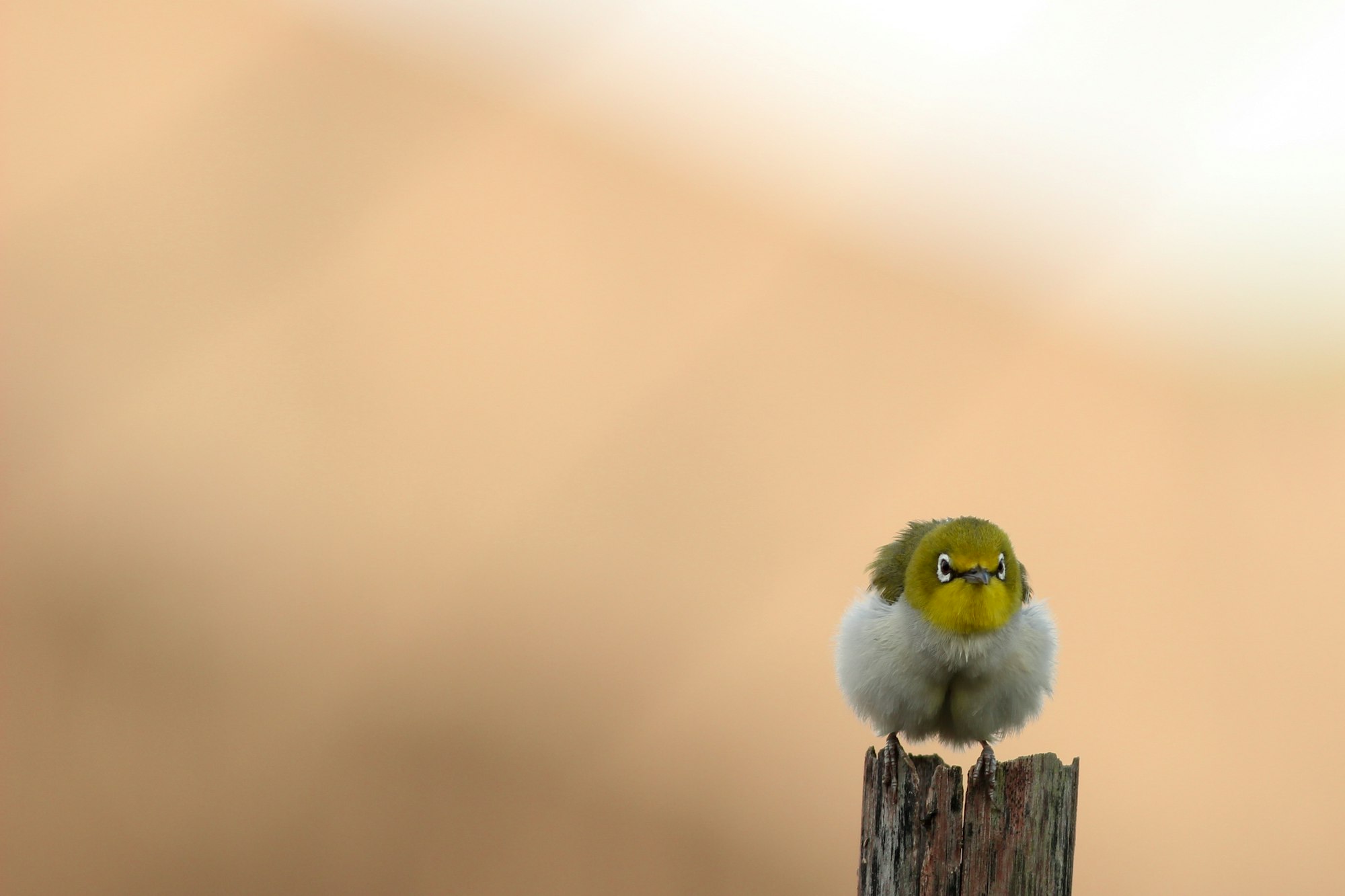Emily Dickinson, "Hope" is the thing with feathers (254)
I do think there's a strong relation between hope and anxiety...

During Philosophy Club, we read this poem, thinking aloud about hope as the other side of a coin featuring anxiety.
It wasn't an easy task for me. When I'm anxious, a large part of that feels like hopelessness. I wouldn't say hopes are particularly visible in anxiety. Nor would I say it is simple to identify positives. My mind is slammed by an unrelenting barrage of things that have gone wrong or could go wrong. I usually plead with the barrage, trying to get some sense of control back.
That having been said, I do think there's a strong relation between hope and anxiety, and I'll talk about that more in a minute. Right now, I'm in awe of how metal Dickinson's poem is. High schoolers typically encounter this in American Literature and I'm not sure they're always equipped to talk about the incredible, compelling, glorious cynicism of that first stanza. I mean, look at it. It screams "you're going to tell me about hope? I'm going to watch Real Housewives until my eyes bleed:"
"Hope" is the thing with feathers (254) Emily Dickinson "Hope" is the thing with feathers - That perches in the soul - And sings the tune without the words - And never stops - at all - And sweetest - in the Gale - is heard - And sore must be the storm - That could abash the little Bird That kept so many warm - I’ve heard it in the chillest land - And on the strangest Sea - Yet - never - in Extremity, It asked a crumb - of me.
We are presented a "thing with feathers" that arrives "in the soul." It is unclear if it is welcome. Then it "sings the tune without the words"–you know, like Muzak at the supermarket–and "never stops - at all." Dickinson's annihilation of everyone around her is so brutal it will last centuries. The Simpsons' Flanders whistling hymns to himself while trimming the hedges is not unimaginable in Amherst, Massachusetts circa 1860.
The question of the first stanza alone: What is this "thing with feathers?" Dickinson calls it "Hope," but she pointedly uses scare quotes. I do believe that you can tie it to an atmosphere which demands you smile no matter what. Never mind if your government commits atrocities, or abuse is rampant, or hate parades as civility. You have to smile because little old ladies say this is good and they cannot be betrayed. I also believe Dickinson points internally. Something in us creates the space for "Hope." Our mind does play the tune without the words incessantly.
Does "Hope" start from singing a melody over and over again? Are we more like Flanders than we care to admit? I am prone to think Dickinson's answer is yes. Genuine hope has to start somewhere, and it doesn't make a lot of sense to say what is needed only comes from the beautiful or perfect. The second stanza, the one seeming to harbor no cynicism whatsoever about hope, tells a story about pain and identity:
And sweetest - in the Gale - is heard -
And sore must be the storm -
That could abash the little Bird
That kept so many warm -
Those pointless, annoying songs which persist during self-doubt and make us absolutely miserable might have a use during some emergencies. I don't think Dickinson believes that there are "real" emergencies which cause us to become heroes in an instant. People suffer greatly all the time. I can attest to how much pain neglect and a lack of recognition cause. You might feel like you're throwing the best you have to offer away for nothing.
Rather, there are times we know we've dealt with pain and we resolve to deal with it that much more. This is more a statement of identity than an assertion that we can build tolerance for the unpleasant. We hear the tune in our heads despite the crashing of the Gale and the storm. We resolve that "the storm" will be "sore" for picking on us. In a weird way, there's an identification with a part of us that isn't exactly from us.
The "thing with feathers" isn't a "little Bird" until a choice is made. The emergence of "I" in the third stanza hints to me that the choice is self-recognition. There are going to be some people who insist no matter what that our problems aren't real. They don't care we've been in "the chillest land" or "on the strangest Sea." It's up to us to know that. I guess that brings this reflection back to anxiety. We have been in bad places, the anxiety was absolutely warranted, and the hope things could be better was very real. "Hope," considered that way, can't ask for a crumb. It can only nourish itself as you do.
